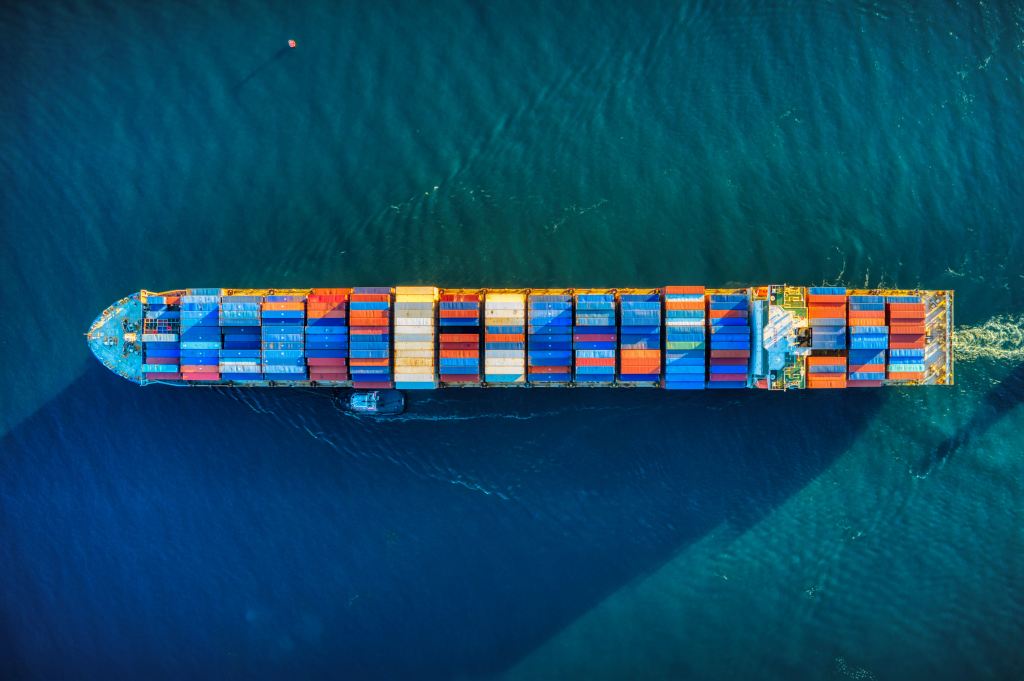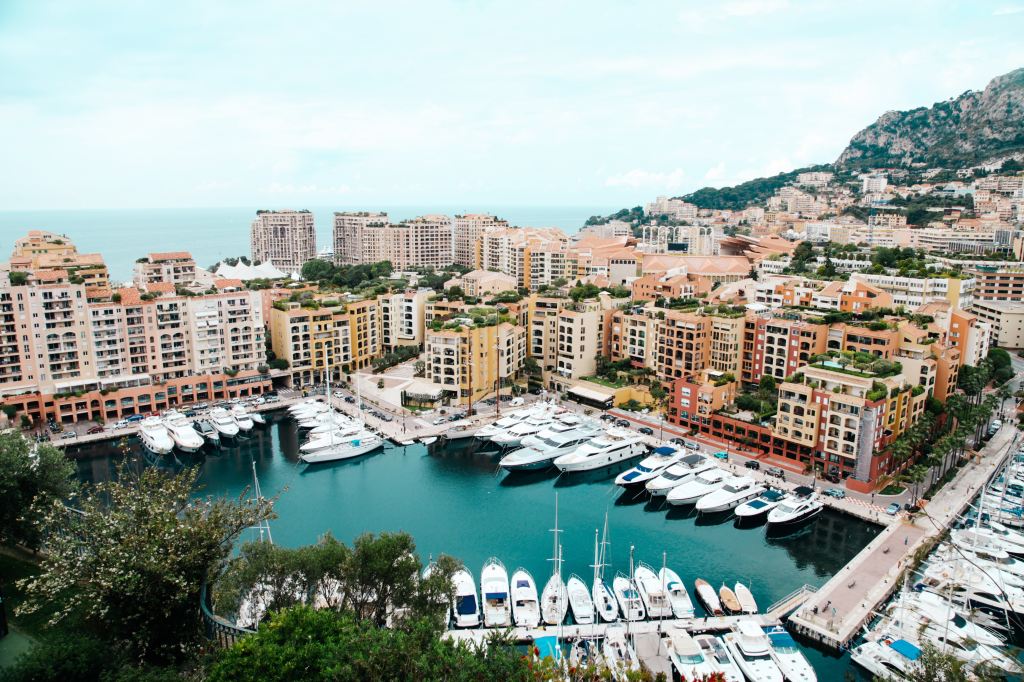Dr Nicholas Wright, Teaching Fellow in EU Politics, Department of Political Science UCL, argues that the EU must consider the wider factors impacting foreign, defence and security policy if it is to have a meaningful role on the international stage.
Since 2016 there has been a slow but significant increase in EU defence and security cooperation. The EU’s Global Strategy published in July of that year talked of ‘nurtur[ing] the ambition of strategic autonomy’ for the EU and was accompanied by practical initiatives including PESCO (Permanent Structured Cooperation in Defence) and the European Defence Fund. These indicated that member states were at last matching rhetoric with action and investment.
However, the economic consequences of COVID-19 have thrown this into doubt. The pandemic has made the already-difficult negotiations over the EU’s 7-year budget settlement even more challenging. Proposed increases in defence and security spending have been significantly scaled back, calling into question ambitious plans for ‘a genuine European Defence Union’.
This is happening at a time when the EU faces an increasingly unstable international environment: the Russian threat is undiminished, China is increasingly assertive, and the US commitment to European security is no longer certain. The incentive for effective EU security and defence cooperation is clear. There are, though, significant challenges:
#1 – EU strategic priorities:
What kind of international actor does the EU wish to be, how should it pursue its objectives, and where should its priorities lie? These questions go to the heart of discussions around why EU states cooperate in foreign, defence and security policy.
Extensive cooperation and engagement cannot automatically be equated to shared strategic priorities or a single strategic culture. There are major differences between member states. For example, while France is often willing to deploy its military internationally, neutral states like Austria and Ireland are more reticent about the role of force. While the Baltic states prioritise relations with Russia, Italy and Greece view North Africa with greater concern. In short, there is always potential for disagreement and tension not only around the importance assigned to particular issues but also over the means and willingness to address them. The risk is that the compromises required to bring together a disparate range of viewpoints produce weak and ineffectual policy.
Simultaneously, there is a broader expectation both internally and externally that the EU will act internationally, particularly (but not only) to address crises. High-profile failures to do so in the 1990s in the former Yugoslavia led Christopher Hill to conceptualise a ‘capabilities-expectations gap’ when considering the stark difference between the role EU members with all their resources and capabilities should be playing, versus their frequently weak and inadequate responses in practice. PESCO, the EDF and the Global Strategy are just the latest attempts to reduce this gap. Federica Mogherini, the previous EU High Representative, described a strong EU as being ‘one that thinks strategically, shares a vision and acts together’. However, significant differences remain between members over how to achieve this.
#2 – Effective and efficient decision-making:
Decision-making is also complex. Reforms introduced in the 2009 Treaty of Lisbon fundamentally altered the institutional architecture of EU foreign and security policy-making. It significantly enhanced the power of the High Representative who is now also a Commission Vice-President, head of the European External Action Service (EEAS), effectively the EU’s foreign ministry, and permanent chair of the Foreign Affairs Council (FAC). Although member states retain formal decision-making authority, the HRVP has a significant institutional and resource advantage over many of them and enjoys great sway over the direction of policy.
Meanwhile, the foreign ministers sitting in the FAC have been increasingly sidelined as the European Council has become the key strategic decision-maker in EU foreign policy. To some extent this was inevitable: much of the last decade has been marked by international crises requiring decisions by heads of state and government. This poses major institutional challenges, though, in terms of how and where policy is made, and the ability of member states and particularly foreign ministries to manage the process.
Decision-making is also increasingly affected by member state contestation. In an environment predicated on unanimity, this has significant implications. There have always been disagreements – for example, Italy has been highly critical of sanctions imposed on Russia in response to its actions in Ukraine. However, the rejection of common positions is happening more frequently, with some states undermining long-standing EU positions. For example, in 2018, Hungary, Romania and the Czech Republic together blocked a joint EU statement ‘condemning the relocation of the US Embassy [in Israel] to Jerusalem’. Ensuring the system can function efficiently and effectively is, therefore, an ongoing challenge and is likely to become more difficult as the US, Russia and China seek to divide member states on important issues.
#3 – Political will and leadership
The member states’ role in leading and enacting their agreed policies is also critical. The Commission and EEAS are sophisticated and well-resourced institutions, but effective implementation also requires the states’ political will and leadership, particularly on the most challenging questions. For example, there is a considerable expectation that PESCO will deliver meaningful improvements in states’ broader military capabilities and inter-operability. However, the willingness to deploy capabilities if and when necessary remains the key test and a refusal to do so in recent years has undermined the credibility of EU military power.
This relates directly to the willingness of member states to provide leadership, with France and Germany being especially important. While Franco-German cooperation has always been central to integration, in foreign, security and defence policy their relationship has been less close. Germany is wary about supporting potentially costly French interventions while France remains frustrated at Germany’s reticence to play an active international role – especially militarily – commensurate with its power and status. Where they can cooperate, their leadership enhances the EU’s ability to act. When they cannot, an EU consensus becomes more difficult. They cannot alone dictate the direction of EU foreign, defence and security policy and nor should they. However, as its biggest powers, Franco-German leadership is essential for the EU to be credible on the international stage.
*
For the EU today, the international environment is the most uncertain and unstable it has been since the end of the Cold War. If it is to be more effective internationally, increased investment in and focus on defence and security are insufficient. Member states must also address issues that have hampered progress throughout the evolution of EU foreign policy cooperation: strategic priorities, decision-making, and the need for greater political will and leadership. Their ability to do so will determine whether the EU can exercise meaningful international influence in the decades to come.
Photo of the signing the joint notification on the permanent structured cooperation (PESCO) by EU2017EE Estonian Presidency on Flickr.
Note: The views expressed in this post are those of the author, and not of the UCL European Institute, nor of UCL.





Leave a comment